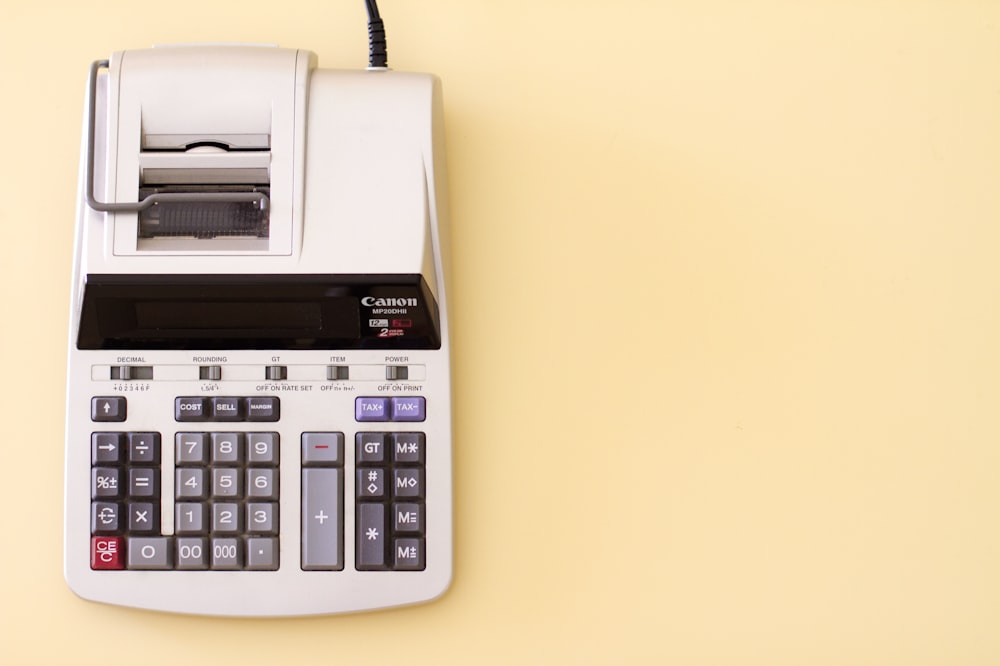Property managers must have expertise in keeping detailed records of different types of properties; this further often demands specialization in commercial or residential property management. From multifamily apartments to business complexes, property managers oversee daily operations of a real estate investment/asset, including financial activities.
All of this creates a lot of financial accounting and reporting requirements to comply with real estate investment, GAAP, and IRS rules. Since owners need reports of their property’s financial condition, accounting has become a vital aspect of property management businesses; they usually have professionals specialized in preparing accounting reports for property managers and real estate professionals.
Six Must-Have Accounting Reports for Property Management Businesses
Your clients might be happy with how well you manage their property, but they often need everything in reports, especially when it comes to financials. Thus, it would be best always to be ready with statistical and easy-to-understand accounting reports and help clients when they need you. It is worth putting effort into providing reports to win clients’ trust.
Accounts Receivable
The crucial aspects of the property management business revolve around payments, both collection, and submission. As a property manager, you have a job to collect payments from tenants for water, power bills, rent, etc. You often come across your clients’ customers who recently started delaying payments or have never paid on time. This is where you should start your work keeping records of customers and payments they are yet to make. Prepare accounts receivable report – it will help you identify from where the money is pending and keep a follow-up on aging receivables so that you can collect payments, update reports, and provide the same to your clients.
Besides, by making a habit of producing accounts receivable report, you can help your clients in numerous ways, such as;
- Improve clients’ cash position
- Increase control over cash
- Improve client communication
- Improve client service and satisfaction
Rent Roll
Like the owner report, the rent roll displays critical information that further helps make smart decisions. However, the owner report tells about the past, whereas, the rent roll encourages predictions about the revenue you can expect from a property. Property managers can provide rent roll reports to owners, helping them analyze whether their property is meeting financial objectives.
The rent roll report will include the following information about each property you manage.
- Lease dates
- Estimated rental value in the market
- Recurring costs
- Total of all amounts deposited
The information in the rent roll allows you to identify;
- Properties currently vacant
- Lease contracts with pending renewal
- Tenants with month-to-month lease contracts
Key information the rent roll contains;
- Gross scheduled rents
- Renewal rates
- Collections
- Late fee revenues
- Evictions
- Security deposits
- Revenue generation
Budget vs. Actual Report
The budget vs. actual report, just like the name describes, measures the difference between the budget you have projected and what it actually is in reality.
This report enables property owners to modify their investment plans, redirect capital to areas requiring more funding, and avoid crash crunch, especially when there are changes to costs in the middle of a year. This report majorly focuses on managing revenues and expenses.
Detailed Income Statement
A detailed income statement (also known as a Profit & Loss Statement) captures a business’ cash flow for a period – generally a month, quarter, or year. For property management business accounting, income statements are used to track the cash flow generated through each rental property. To an extent, property owners rely on detailed income statements for several purposes, including investment portfolios, taxation, etc. This statement contains the following information in detail;
- Beginning and ending period
- Income, including:
- Property management fees
- Tax credits
- Contributed capital
- Profit from the sale of assets
- Adjustments to previous assumptions
- Investment income
- Interest received
- Expenditures, including:
- Rent and equipment costs
- Legal fees
- Salaries and wages
- Consulting fees
- Advertising and marketing costs
- Accounting fees
- Insurance premiums
- Software fees
- Depreciation and amortization
- Taxes
Monthly Bank Statements with Reconciliation
Your clients will be happy if you provide them with monthly bank statements with a reconciliation statement. This helps them ensure the figures reflected on the balance sheet match with deposits and debits entered on the general ledger.
Revenue By Customer Report
As you want to keep track of people with pending payments, you should prepare a list of customers who are adding most to revenue. Help your client get detailed information on the same. The revenue by customer report shows how much the property owner has made from each property/real estate asset over a period. Real estate investors rely heavily on repeat business. Helping your clients determine and hold on to their greatest source of income will help you build good relationships with them, leading to reliability and long-term income stream.
Besides that, suggest that they should not rely on one or two big income sources because if they leave a lease in the middle or do not renew a completed lease contract, it will hamper the owner’s revenue. With this report, you can support clients in scaling up revenue streams.
What’s Next?
As a property manager, if you become able to maintain and increase the value of your clients’ real estate assets while providing detailed financial reports that help clients track their properties’ financial performance, you can gain their trust and keep them with you for long. Reports make it easier for your clients to understand everything related to the finances generated from or spent on their property, profit and loss, etc.; these reports are for their convenience that you are giving by supplying them detailed information besides managing their property.
These six reports are must-to-be included in files that you submit to property owners while reporting their property’s financial condition. This will help them find out what they should do next and realize that they have a reliable property manager who can manage their real estate assets responsibly while providing helpful insights.



